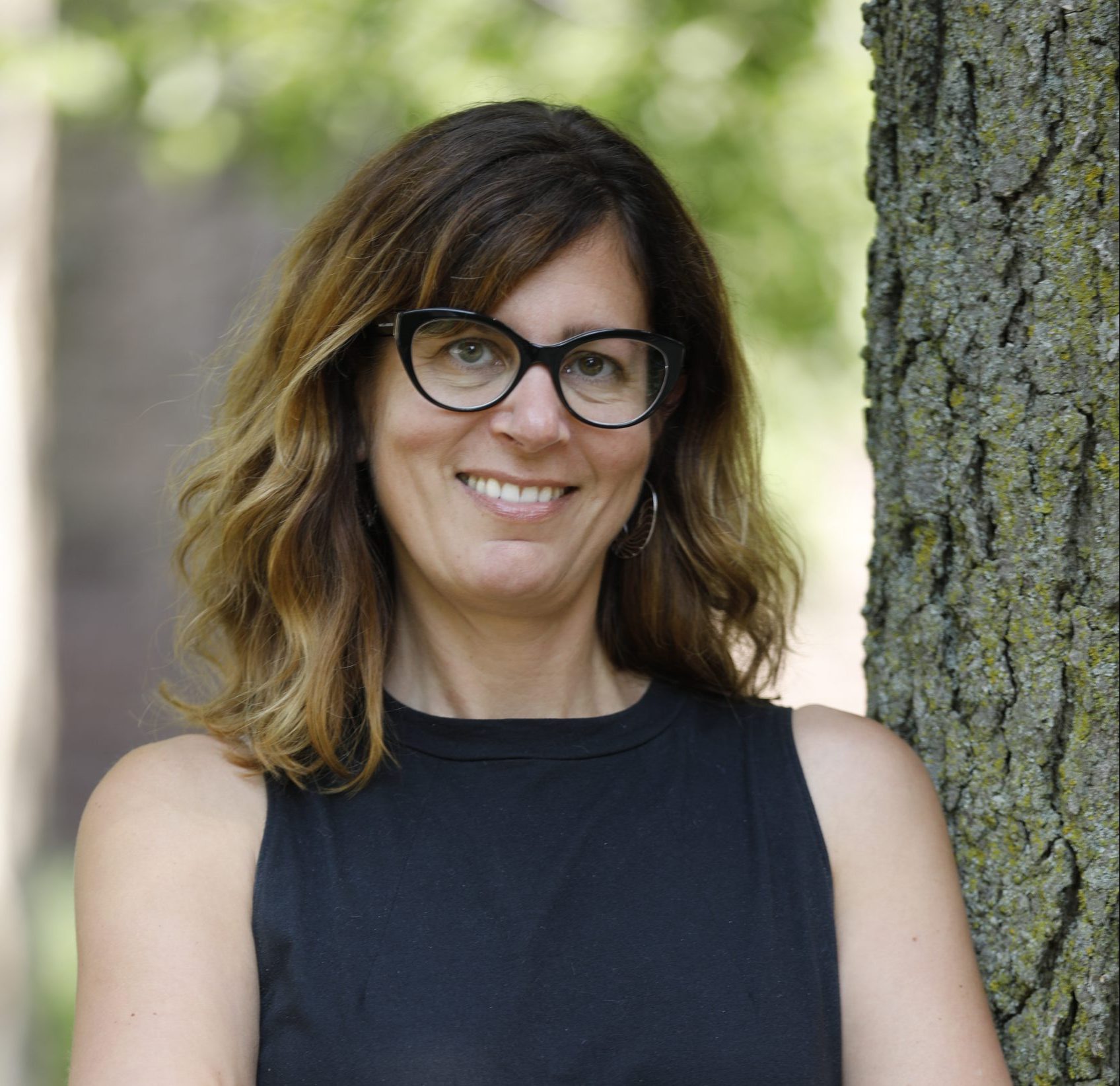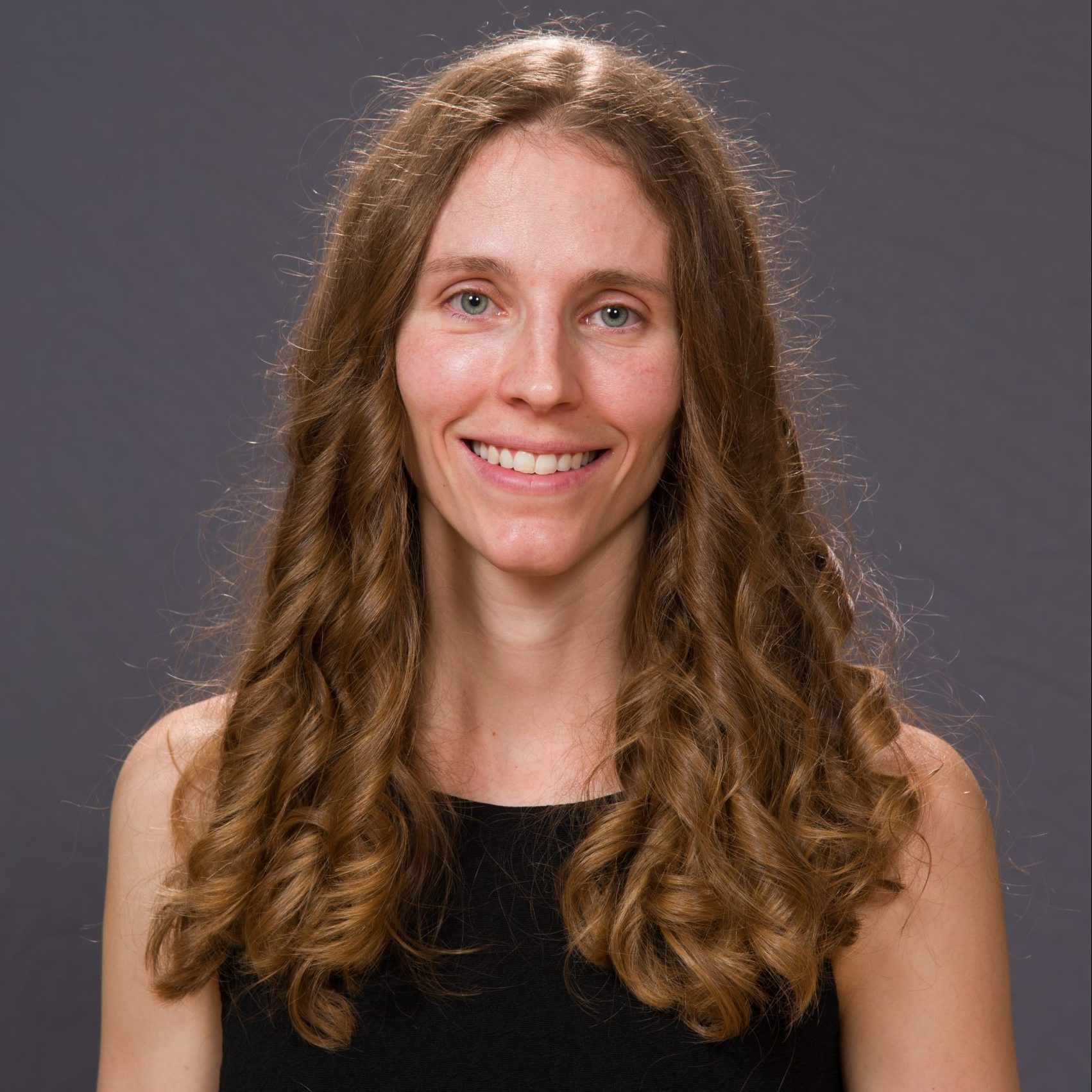CERCLL is offering a series of professional development webinars for language educators over the course of the 2022-2023 academic year, in which presenters bring newer, multiliteracies approaches to address traditional topics in language teaching. Participants who attend these webinars live can request a certificate of attendance for 1.5 hours of continuing education for each of these events. In addition, live attendees will be contacted after each webinar with information about how to apply for a digital badge.
Update: for the Spring 2023 webinar details, see: https://cercll.arizona.edu/blog/springnewtakeswebinars/
You can now access all videos in this series on our YouTube channel.
Using Language Forms to Communicate About Texts: A Multiliteracies Perspective
Wednesday, November 2, 2022, 4-5:30 PM (Arizona)
To see the time of this event where you are, visit: https://tinyurl.com/bdzxjnkm.
Webinar presented by Kate Paesani (University of Minnesota)
➣ Further details and the link to register are here.

Poetry and Creative Texts in Any Language Classroom
Saturday, December 10, 2022, 10-11:30 AM (Arizona)
To see the time of this event where you are, visit: https://tinyurl.com/5bsu5v6p
Webinar presented by Amanda Shufflebarger (Indiana University East)
In an educational era characterized by censorship debates and standards-aligned instruction, classroom texts can be regarded as a liability at worst and a means to achieving a curricular end, at best, rather than as a humanizing invitation to engage with, enjoy, and even play with language. In addition, some of the most vulnerable learners can be redirected away from creative activities in well-intentioned but misplaced attempts to reduce opportunity gaps (Wilson et al., 2021) or “reverse pandemic learning loss” (Goldhaber et al., 2022). However, rather than detract from literacy activities, poetry and creative texts can promote rigor and interest, supporting students as they engage with language in complex ways. In addition, undertaking creative activities can broaden teachers’ understanding of the creative ways our students make meaning with language.
In this webinar, Dr. Shufflebarger will share multiliteracies approaches to incorporating poetry and creative texts into any classroom. Drawing from K-12, university, and community-based adult language contexts, she will review the theoretical underpinnings of incorporating poetry into language classrooms, share a variety of instructional activities, and discuss strategies for organizing activities within a broader course curriculum. Participants will be invited to share ideas and practices they incorporate into their own teaching contexts.
➣ Further details and the link to register are here.

Spring 2023
Complete details about next year’s events in this series will be announced in the coming weeks. Save the dates for webinars from the following presenters (titles to come later):
Bruna Sommer-Farias
(Michigan State University)
January 26, 2023
on genre-based tasks
Christelle Palpacuer-Lee
(Rutgers University)
February 28, 2023
on multiliteracies in the art museum
Elyse Petit
(Santa Rosa Junior College)
March 22, 2023
on digital story-telling

